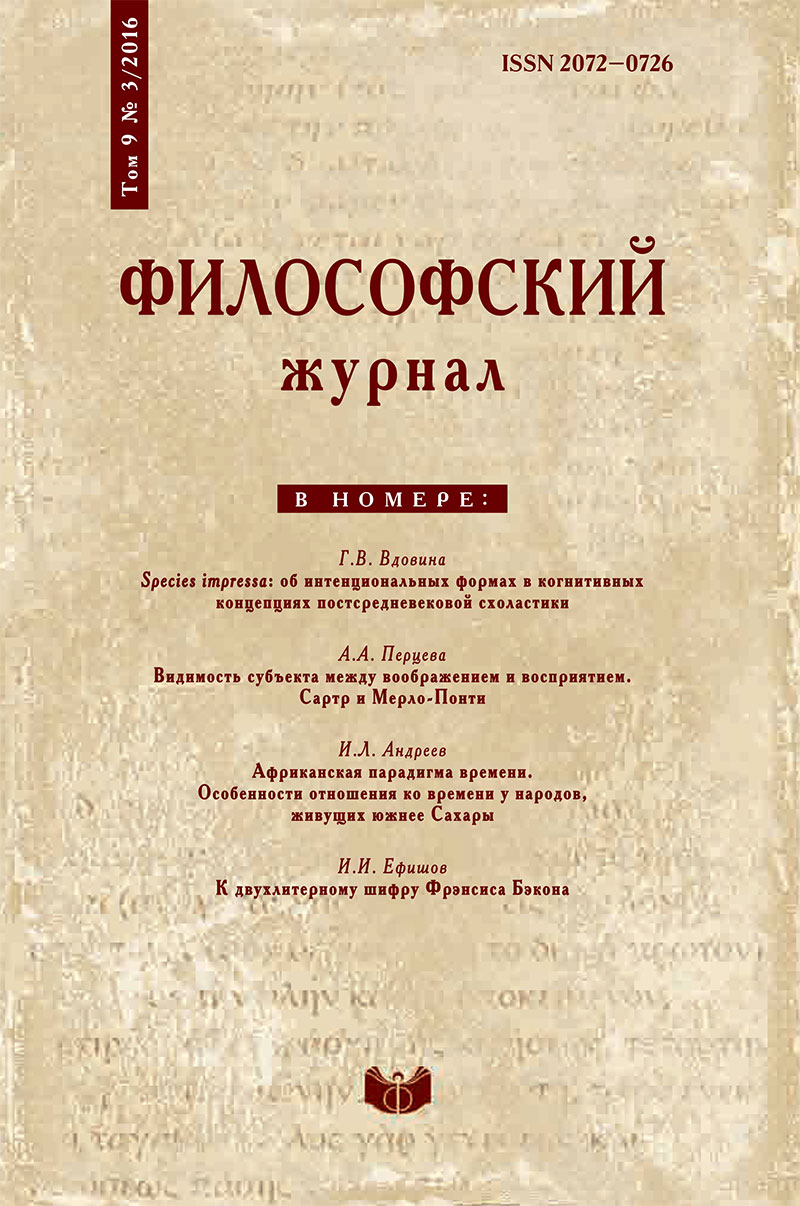'Ibn Khaldunizm' in the Ottoman intellectual tradition (19th–20th century)
DOI:
https://doi.org/10.21146/2072-0726-2016-9-3-106-120Keywords:
Ibn Khaldun, philosophy of history, Ottoman intellectual traditionAbstract
The prominent Muslim historian Ibn Khaldun (1332–1406), the author of the famous Muqaddimah (Prolegomena, or “Introduction”), is considered by many scholars as 'the father of the philosophy of history'. In his study of history he strived to follow a scientific method and gave economic and natural factors prevalence over religious belief in his explanation of the origins and development of the state and civilization. The political changes which occurred in the Islamic world during the 15th century (territorial expansion and apogee of the Ottoman Empire) proved a major inspiration for the development of Ottoman historiography. Ibn Khaldun was to remain a dominant influence on Ottoman intellectual tradition until the 20th century; this is why contemporary Turkish historians designate this centuries-old tradition as 'Ibn Khaldunizm' (İbn Haldunculuk). Scholars belonging to it made significant contributions to many fields of knowledge. Among their achievements it is to point out that they were responsible for the uninterrupted study of Ibn Khaldun's work during the Middle Ages and up to its 'discovery' in the West in early 19th century; they made appear, in the first half of the 18th century, the first translation of Ibn Khaldun's Prolegomena (Muqaddimah) from Arabic into any other language (Ottoman Turkish); they continued to develop and, in some respects, to expand Ibn Khaldun’s theory of the state.






